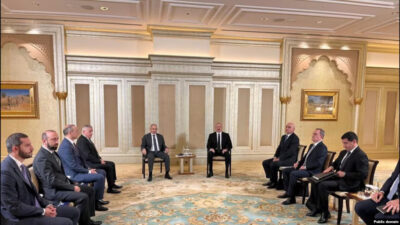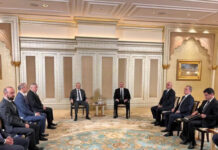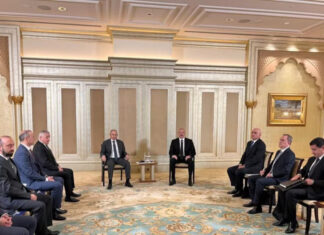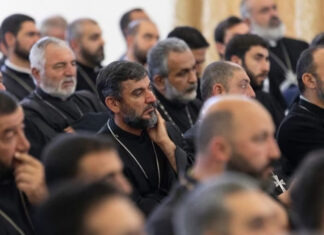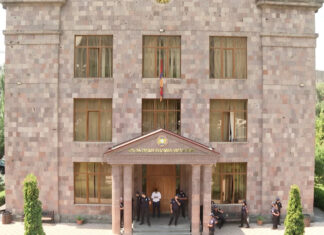There were no particular details or leaks in the media about the meeting in Washington between the foreign ministers of Armenia and Azerbaijan at the end of June but it is obvious that Washington is trying to regulate Armenian-Azerbaijani relations as long as Moscow is busy with the Ukrainian war and concentrating its resources in that direction.
While the negotiation process in Washington was going, the Azerbaijani side undertook aggressive actions against Armenia, as a result of which many Armenian servicemen were killed or wounded. Considering the fact that the Armenian side did not withdraw from the negotiations right after the incident, it can be assumed that the Armenian side accepted Azerbaijan’s preconditions and pressure.
Whether the American mediation will reach a final result is hard to predict. Just a month ago the parties were in Moscow as Russian President Vladimir Putin invited them to Russia as a mediator in negotiations on the same issues. Definitely, this is part of the natural geopolitical competition between the West and Russia not only in the South Caucasus but around the world. Of course, this competition also concerns the possible peace agreement. According to some information available from Armenian sources, there were two documents presented to parties recently. According to the Western version, Armenia recognizes the territorial integrity of Azerbaijan and Nagorno-Karabakh as a part of Azerbaijan, and according to the Russian version presented, the issue of the status of Nagorno-Karabakh is left for future consideration. Also, let’s not forget that months ago there was information circulating in Armenian media that two documents were proposed to the parties: the Brussels document, which is also supported by Washington, and the Moscow one. It is obvious that the interests of Russia will be taken into account in the Russian version, and the interests of the West in the Brussels/Washington version.
Which version Armenian leaders will go for depends on the pressure that will be exerted on them by Russia, the West, Azerbaijan, and Turkey. However, it is clear that Armenia will have to choose between the bad and the worst, and the peace agreement will imply a legal act of capitulation, because the statement signed on November 9 was merely a statement that was not reinforced by national or international legal mechanisms.
